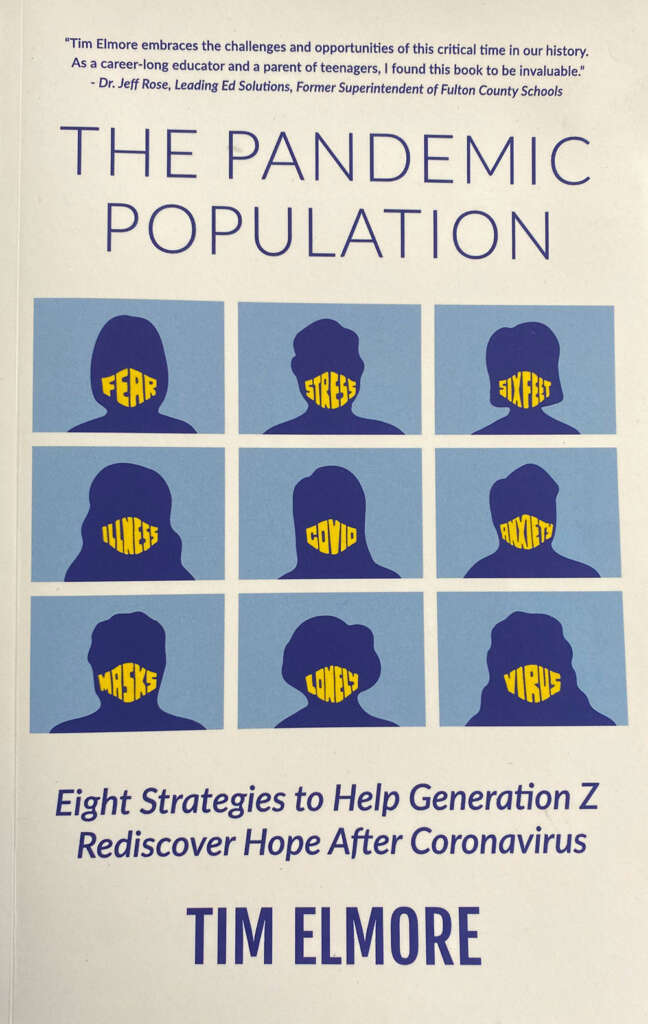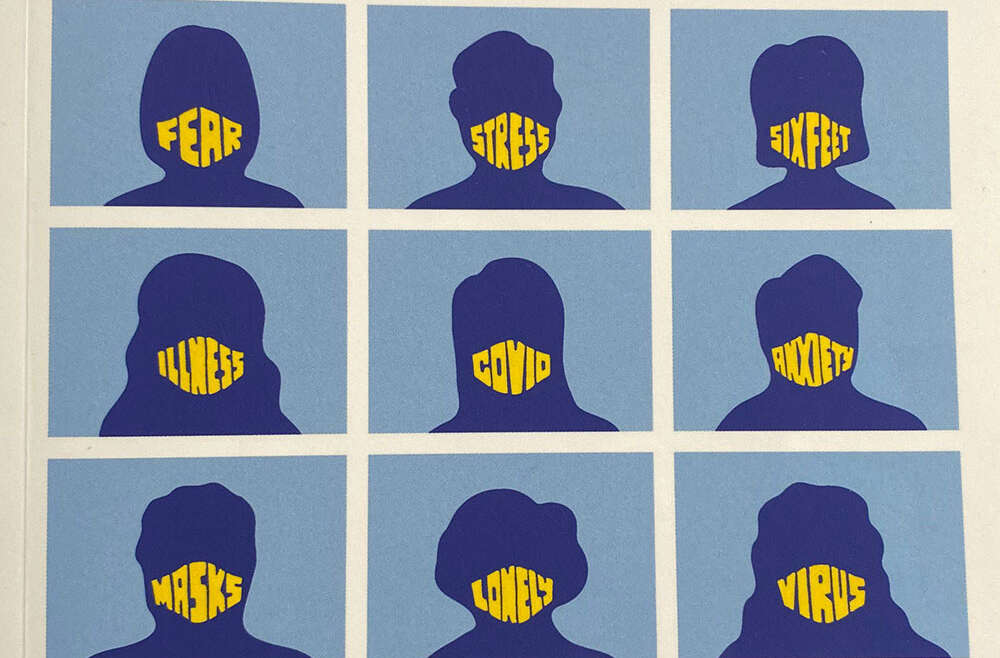
For many, the COVID Pandemic was a time of fear and loss:
Fear of the unknown.
Fear of limited resources.
Fear from the lack of curative treatments.
Loss of financial stability as jobs were put on hold.
Loss of opportunities as graduations and celebrations were shutdown.
Loss of community as we were isolated from friends and family.
Loss of loved ones as death claimed lives of family members and/or dear friends.
No one was immune to the fears and losses brought on by COVID. It definitely felt like life was put on hold, and that the years of 2020 and 2021 seemed stagnant. The truth is that there was a tremendous amount of fear and loss. But, were there also possibilities and progress from the pandemic?
Let’s take a look at a well-known individual who didn’t allow a pandemic to result in just loss, but rather found it possible to make progress… his name is Isaac Newton.
Newton was a college student during the Great Plague of London in 1665. Cambridge sent the students home, and Newton returned to his family estate. Rather than wasting his time away from Cambridge, Newton continued independently to work on math problems/ to experiment with prisms/ to observe his familiar surroundings of an apple tree. During his time of isolation during a pandemic, his studies resulted in the creation of calculus/ theories on optics/ laws of gravity and motion. When Newton returned to Cambridge in 1667, he presented his theories and became a professor 2 years later. For Newton, rather than losses- he found possibilities.
From Newton’s life, we observe that he didn’t squander his time of solitude. Instead of pacifying boredom, he used his time to pursue his interest and his imagination. He chose to have a perspective of possibilities rather than losses.
In having a perspective of possibilities, it is important to consider the Stockdale Paradox. Admiral Jim Stockdale was a prisoner of war during the Vietnam War. He spoke about the power of hope that enabled him to endure being a POW. He made an interesting observation that the POWs who were most likely not to survive and to leave Vietnam were “the optimists who always said, ‘we are going to be out by Christmas.’ But when Christmas would come and go, and then another Christmas – they died of a broken heart.”
Elmore explains the Stockdale Paradox in this way: “It’s all about confronting the harsh realities of your current setbacks-not denying them-but also relentlessly holding on to the hope that you will one day prevail. It’s not merely being an optimist. It’s about embracing unshakable faith.”
As we emerge from the pandemic, let’s continue to encourage our children to find possibilities that can emerge from hardship. Let’s continue to help them focus not on what they fear or have lost, but to focus on what they enjoy and love. Instead of complaining of about the NOTS, perhaps they will start creating and exploring the POSSIBLES.

